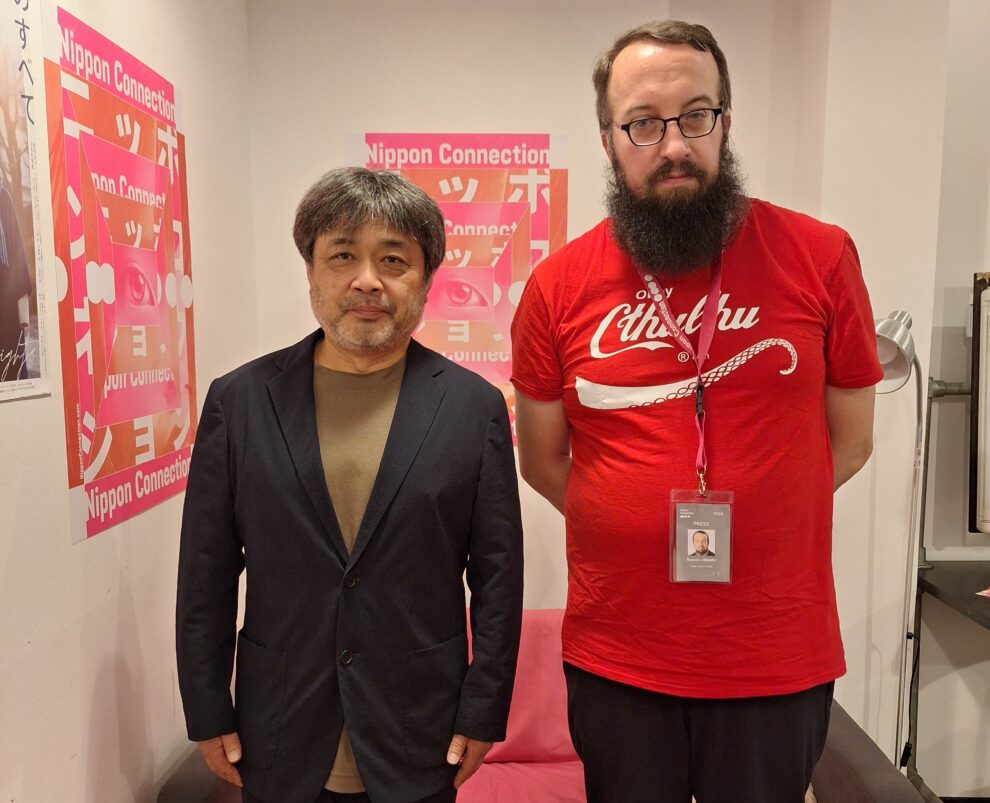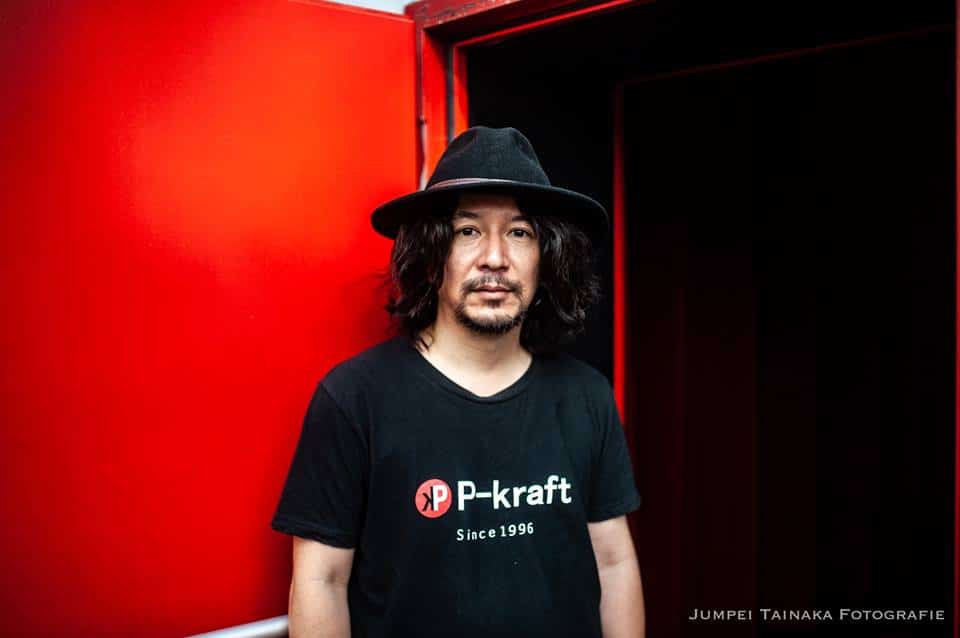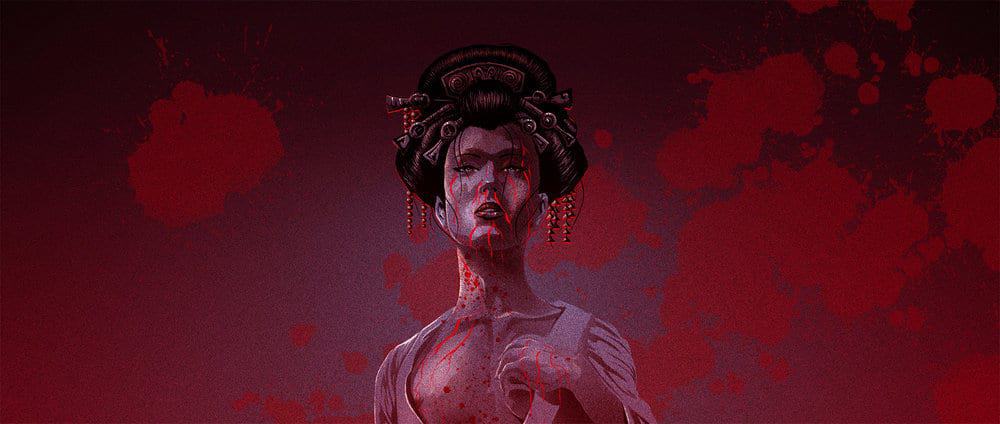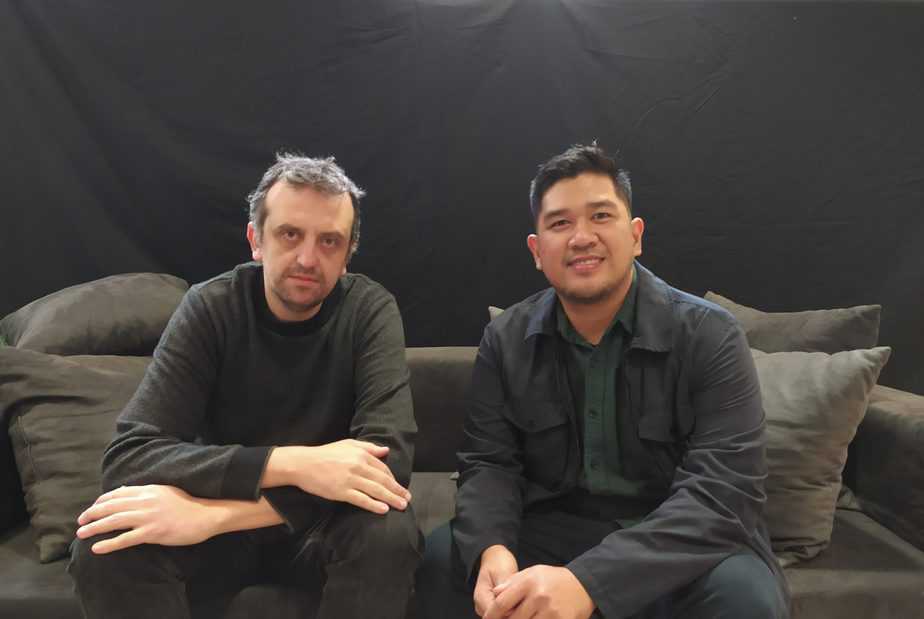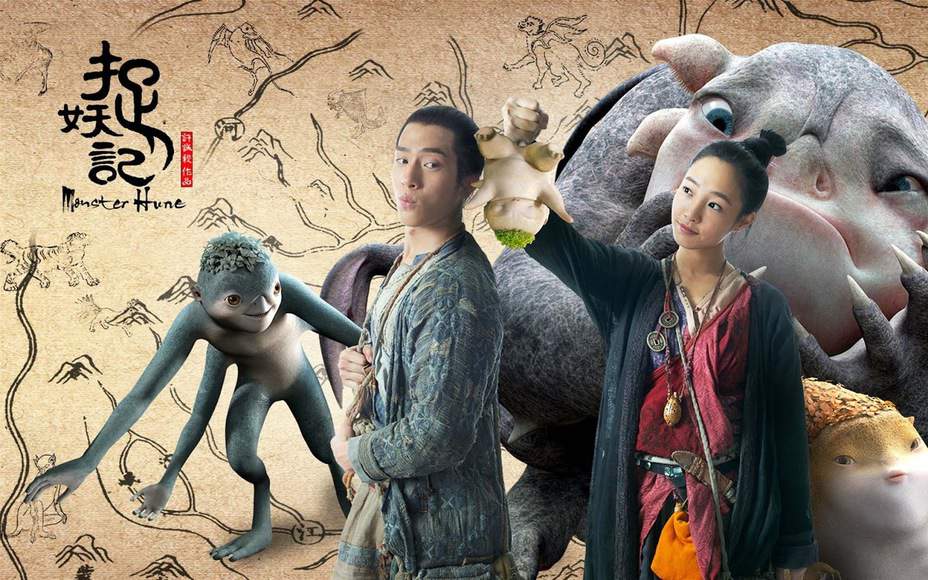Yoshiyuki Kishi has been working in the Japanese film and TV industry for many years, as a director of documentaries, producer as well as screenwriter. His first feature “A Double Life” was screened at many international film festivals and garnered him a lot of attention among critics and cinephiles alike. His feature “Wilderness” received awards at Japan Academy Film Prize, Asian Film Awards and Blue Ribbon Awards. His new feature “(Ab)normal Desire” also received awards at Toronto International Film Festival.
On the occasion of “(Ab)normal Desire” being screened at Nippon Connection 2024, Yoshiyuki Kishi talks about the themes of his feature, the visual approach and the amount of tolerance in Japanese society.
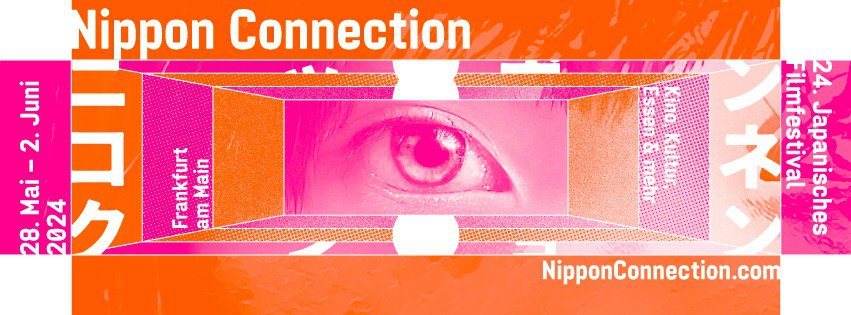
“(Ab)normal Desire” is the adaptation of a novel by Ryo Asai. What are differences between your film and the novel and what were the challenges in adapting this story for the screen?
The novel is set in a different era of Japanese history. However, it is set in a transitional period, marking a new era when, for example, diversity would be redefined. As a reader, I thought this was wonderfully done and described by Ryo Asai, but when it came to adapting the story, I did not know how to do this properly, which is why we transferred the story into the present.
Also, in the novel, the character of Yaeko, who is played by Ayaka Higashino in the film, had a lot more scenes. The reader gets to know a lot more about her, especially about the reasons why she became the person she is and the relationship with her brother. For our adaptation, we chose to put the focus on other characters such as Goro Inagaki's and Yui Aragaki's, essentially making them the protagonists of “(Ab)normal Desire”.
I read somewhere that “(Ab)normal Desire” is a story for those who need to understand and those who need to be understood. Can you explain this a little further?
For a long time I heard about the term LGBTQ, but I did not really understand what this really meant. As I was reading Asai's novel, I felt like I understood a lot more about LGBTQ. The author once said his novel was meant for people from this community who define a majority of a minority within Japanese society. Even though it seems inclusive from the outside, there are people who do not fit in there and are thus left outside. But we need to understand and accept these people.
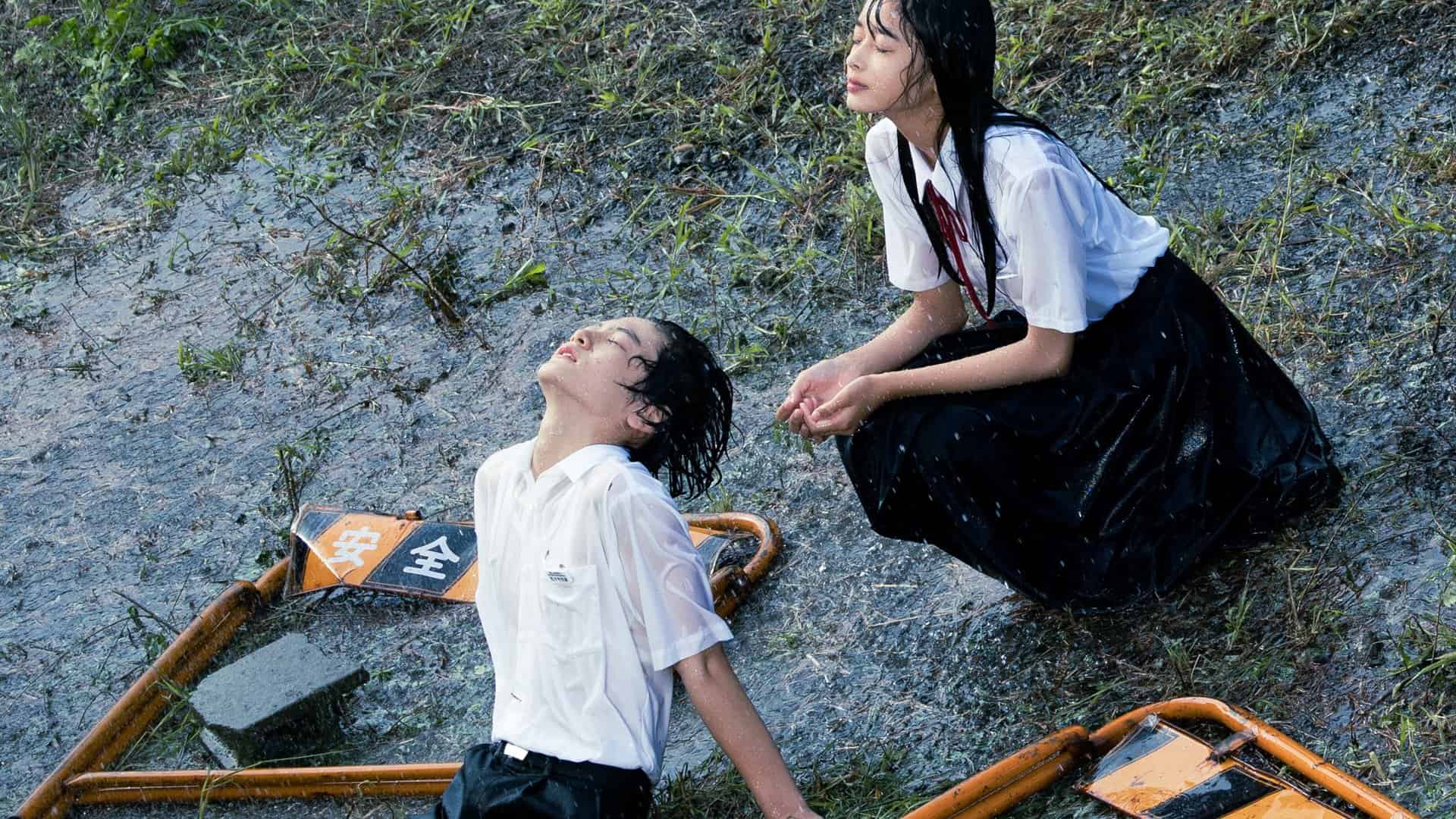
You focus especially on the inner worlds of these characters. Can you say something about your visual approach and your collaboration with DOP Kozo Natsumi?
Kozo Natsumi and I have been working on many projects together, especially documentaries. After the script was finished, Kozo and I sat down and talked about our thoughts about the story. What was important to both of us was the image of water, as it is significant for the story and the characters, and how we wanted it to be especially beautiful. The blue of the water should give a sense of beauty, but at the same time it should stress the loneliness of these people.
In “(Ab)normal Desire” and “Wilderness” you have been dealing with the theme of the outsiders in Japanese society. Has Japan become a more tolerant and open-minded society in your opinion over the course of the last dew years?
In Japan, but also in many other cultures in our world, there is such a thing as the mafia. Yakuza are the Japanese mafia and they have been portrayed in countless films. However, they are also a minority in Japanese society. At one point, these people, much like people who are poor, become outsiders in society as our system does not accept them. But since these people still have to survive somehow, they use violence, which is the foundation for every yakuza movie. These stories tell us something about their fight against a powerful system which has rejected them.
The documentaries I made in the past also touched upon the theme of the outsider or outcast in Japanese society, such as Japanese-Koreans or Blacks living in Japan. I am interested in learning about these people, about their life and how they survive. I want to broaden my horizon which is hopefully what my work achieves with the people in the audience. This is something that drives me as a director.
In Japan, the definition of what is normal is quite strict and if you do not fall into that category you become part of a minority. However, I would like to stress this does not include the acceptance of crimes.
Thank you for the interesting conversation.


